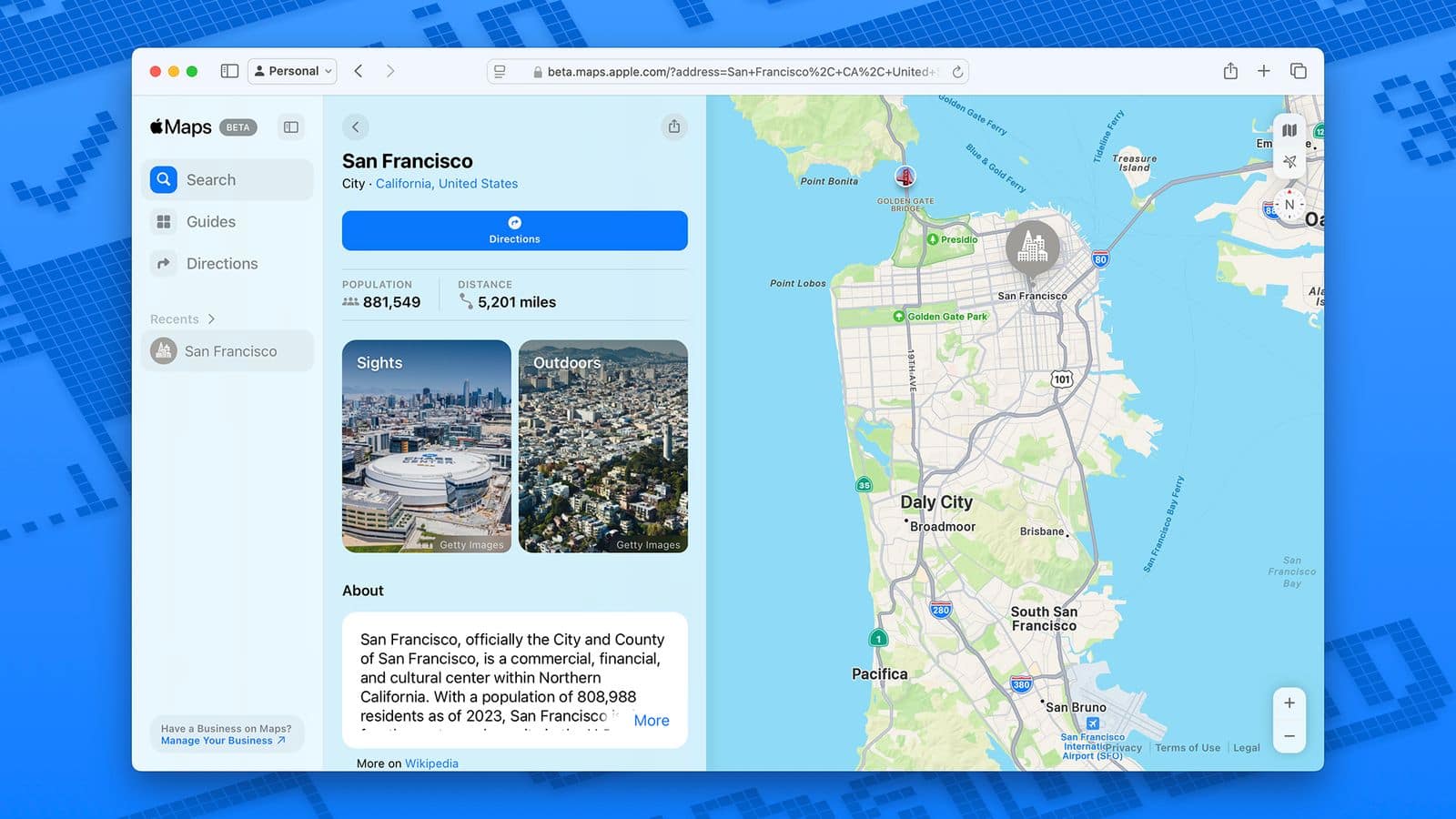How Technology Is Reshaping Legal Practices Worldwide?
The legal profession, once bound by paper files and in-person consultations, is undergoing a seismic shift due to technology. What was once a field dominated by paper files and in-person meetings has transformed into a digital-first industry.
Legal professionals worldwide now use tech tools to serve clients faster and more effectively. From artificial intelligence (AI) streamlining research to blockchain securing contracts, technology is redefining how legal services are delivered.
While some worry that automation might replace traditional roles, the real story is about transformation, not elimination. This blog post explains how technology is making legal systems more efficient, accessible, and in some cases, more transparent.
The Rise of Legal Process Automation
One of the biggest benefits of legal tech is freeing up time. Lawyers no longer need to wait days for standard legal documents. Software now handles routine tasks like contract generation and review in minutes instead of hours.
A task that once required multiple paralegals now requires only a few clicks. This shift means lawyers can focus on higher-level thinking, such as courtroom strategy or client advisory roles. Moreover, it also helps reduce burnout by offloading repetitive tasks.
Several countries are pushing for increased legal tech adoption, with Australia being one of them. A 2024 Australian survey involving 200 in-house legal leaders reveals that 17% of league teams are digitally mature, while nearly 30% are immature.
Meanwhile, according to Axiom, the remaining teams fall in the middle. However, teams of all maturity levels are willing to invest more in legal tech. But there are some unlikely downsides.
While teams not using much tech reported low productivity and using tech experienced higher productivity, the former expressed high job satisfaction. Their staff were least likely to leave their jobs. Only 5% of staff in digitally immature teams looked for new roles. Among these tech changes, AI remains a powerful tool, reshaping specific tasks.
AI-Powered Legal Research and Analysis
Finding relevant legal precedents used to take weeks. Now, AI tools scan thousands of cases in minutes to locate matching patterns, predict case outcomes, identify precedents, and even flag risks.
AI tools can perform document reviews that previously kept junior associates busy for weeks. This means lawyers spend less time searching and more time analyzing what matters for your case. Legal AI doesn’t replace human judgment but enhances it. Your lawyer can focus on strategy while AI handles the time-consuming research.
Specific companies now drive this AI change. Startups like Legora, based in Stockholm, offer large language model-based AI software worldwide. Business Insider reveals the company is competing with the industry’s leading legal tech giants, like LexisNexis and Thompson Reuters. Legora’s tools, used by over 250 clients across almost 20 countries, help lawyers. Earlier this month, the company added new features, including a Microsoft Word add-in.
The UK government recognizes legal tech’s potential, recently increasing support to £3 million for the Lawtech UK program. This investment builds on the country’s £25 billion legal services industry and supports tech incubators like CodeBase to nurture innovative legal startups. Programs like these help make legal services more accessible and affordable worldwide.
Real-World Impact on Legal Aid
Recent events highlight how technology can connect people with legal help during crises. It helps you find the needed information fast after bad events. For instance, consider accidents. They cause sudden and complicated needs and raise legal questions abruptly.
Think about the recent severe crash in the US. In late April 2025, a multi-vehicle crash near West Florissant and Oriole in St. Louis injured eight people when a car crossed the centerline. The car, then, struck another car head-on. First Alert 4 reports that only one person had critical injuries, while the rest varied from fatal to non-life-threatening.
Families dealing with such emergencies can search online for immediate legal guidance or ask their phone’s digital assistant. This can help them connect with needed resources quickly. For example, victims of the above accident can find a St. Louis car accident lawyer online, ensuring they are appropriately represented.
TorHoerman Law reveals that a car accident lawyer can help navigate insurance claims and secure fair compensation. All this via online matching services that weren’t available a decade ago. Likewise, legal professionals use client intake systems, AI chatbots, and document automation to provide quick responses and file paperwork.
People Also Ask
Does legal technology make hiring a lawyer cheaper?
Yes, technology aims to make legal services more efficient for firms. This efficiency can lower costs for tasks like document review and paperwork. Automation helps streamline many parts of legal work, potentially making overall fees more predictable and affordable when you need help.
How can small firms afford legal tech adoption?
Many vendors offer tiered pricing, pay-as-you-go plans, or modular tools, letting you scale features to your budget. You can pilot with free trials or join government-backed programs, industry-focused initiatives, and support services. These options provide test solutions without heavy upfront investments.
What new career opportunities is AI creating in the legal field?
AI drives demand for roles like legal data analysts, legal AI specialists, and tech consultants. These professionals bridge tech and law, ensuring tools like predictive analytics and smart contracts align with regulations. Moreover, they enhance efficiency, a shift requiring continuous upskilling.
While technology offers immense benefits, it raises ethical dilemmas. Who’s liable if an AI tool makes a mistake? How do we protect client data in cloud systems? The legal sector must address these questions through global standards and continuous education.
For clients, the message is clear: tech-driven legal services mean faster resolutions and lower costs. Whether you’re a business navigating contracts or an individual seeking justice, these tools put power back in your hands. Technology isn’t replacing lawyers, it’s empowering them to work smarter.
From AI uncovering critical case details to blockchain ensuring contract integrity, these innovations make legal help more accessible worldwide. As the sector evolves, one thing remains constant: the need for skilled professionals who can harness tech to deliver justice. Stay informed, ask questions, and embrace the tools reshaping your legal rights.
More Articles Like This
– Advertisement –
Source: www.itnewsafrica.com











Post Comment